1967 GTO Convertible fully restored rebuilt engine
- Price:
- Condition: Used
- Make: Pontiac
- Model: GTO
- Type: Convertible
- Trim: Convertible
- Year: 1967
- Mileage: 963
- VIN: 242677z104047
- Color: Red
- Engine size: 400 cu.in,
- Number of cylinders: 8
- Fuel: Gasoline
- Transmission: Automatic
- Drive type: RWD
- Interior color: Black
- Options: Convertible
- Vehicle Title: Clear
- Location: Englewood, Colorado, United States
Description
This car is a fully frame off restored CA car that is completely period correct. Beginning as a California car, it has been maintained and restored to original or better condition and continues to benefit from a body-off restoration that was performed. The car is rock solid and retaining the original body panels. Recently, this GTO was given a complete engine rebuild to Pontiac’s ‘HO’ specifications, with all the internal parts of the engine replaced with the exception of the crankshaft we used a crane blue print cam. Desirable factory equipment and features on this car include the Rally Gauge Cluster, tachometer, wood grain steering wheel with tilt, AM/FM radio, power disc brakes, Firestone G70X14 redline tires on Rally wheels, and a Turbo-Hydramatic automatic transmission with a factory Hurst Dual/Gate floor shifter. Only 963 miles on the engine rebuild. I welcomevisitors. All receiptsand build sheet available, new engine includes the following build:
Sealed Power forged pistons .030 flat top
Molly Rings
Melling Oil Pump, shaft and pick up
Clevite 77 main bearings (.020)
Clevite 77 rod bearings (.020)
Clevite 77 cam bearings
Crane Cams Blueprint Cam Shaft (Ram Air/H.O. "S")
Crane Cam Lifters
Crane Cames valve springs, retainers, locks and spring locators
Sealed Power push rods
Manley Stainless Steel Intake Valves
Manley Stainless Steele Exhaust Valves
K-lineBronzeValve Guide Liners
Fel-Pro Gaskets
Graphite Rear Main Seal
Block Bored .030
Block Aligned Honed
CrankshaftReground.020 Rods and Mains
Connecting Rods Reconditioned
Complete Valve Job including adjusting spring height
Having risen from near-extinction during the mid-1950s third place in American sales rankings, a position it would hold from 1962 to 1969 thanks to its “Wide-Track” swagger and successful factory racing program, GM’s Pontiac Motor Division refused to knuckle under to GM’s infamous racing ban of 1963. In fact, PMD continued its winning ways simply by refocusing on street-performance cars that could translate effectively to the racetrack.
Sizing up the growing performance-minded youth market of the early ‘60s, Pontiac engineers Russ Gee, Bill Collins, and John DeLorean considered the potential of Pontiac’s 389 V-8 combined with the lightweight, mid-size Tempest body and chassis. While GM’s corporate policies limited engine displacement for its intermediate models, the 389 was cunningly slipped past the GM bureaucrats as the basis of a new high-performance option package for Pontiac’s Tempest Le Mans, thereby not requiring corporate approval. Rather, the GTO was “green-lighted” by PMD General Manager Elliott “Pete” Estes.
Named ‘GTO’ denoting “Gran Turismo Omologato,” a cheeky but risky swipe at Ferrari’s megabuck GT racer of the time, the GTO option was a comprehensive package and a startling value, endowing the 389 V-8 with 421 HO heads, a high-lift cam, Carter AFB four-barrel carburetor, 10.75:1 compression ratio, and chrome accents. Tri-Power induction with three two-barrel carbs was optional. Much more than the sum of its parts, the GTO option was a well-integrated package of engine, braking, drivetrain, suspension, and appearance features.
Sales were overwhelming for 1964 versus the most optimistic forecasts. Mild styling updates for 1965 included aggressively stacked headlights and crisply restyled bodylines, which developed into the definitive “Coke bottle” body style of 1966-1967. The GTO’s popularity was so great that it spurred product planners to list the GTO as a separate Pontiac model beginning in 1966. Revised tail lamps and an increase in engine displacement to 400 cubic inches were the major updates for the 1967 GTO, which made the great basic car even better than before. It remains an undisputed collector favorite today.
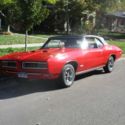 1968 Pontiac GTO Convertible. Restored & rebuilt original 400 engine p/disc Auto
1968 Pontiac GTO Convertible. Restored & rebuilt original 400 engine p/disc Auto
Mileage: 85000
 1967 Pontiac Firebird 400 Convertible REAL 400 Fully Restored, Sideswiped!
1967 Pontiac Firebird 400 Convertible REAL 400 Fully Restored, Sideswiped!
Mileage: 101,000
 Pontiac Fiero GT Low Original Miles Fully Rebuilt Engine/Transmission Nice Car
Pontiac Fiero GT Low Original Miles Fully Rebuilt Engine/Transmission Nice Car
Mileage: 117,000
 1967 Pontiac GTO 5 Speed Tremec Convertible Fully Restored Parchment Interior
1967 Pontiac GTO 5 Speed Tremec Convertible Fully Restored Parchment Interior
Mileage: 12,383
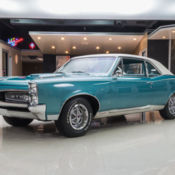 Fully Restored GTO! 400ci V8 Engine, Automatic, PS, PB, Bucket Seats & Console!
Fully Restored GTO! 400ci V8 Engine, Automatic, PS, PB, Bucket Seats & Console!
Mileage: 50
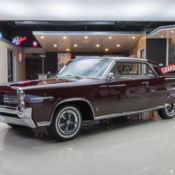 Rare, Fully Restored, Bonneville Catalina Pontiac! 283ci V8 Engine
Rare, Fully Restored, Bonneville Catalina Pontiac! 283ci V8 Engine
Mileage: 88,982
 Fully Restored GTO! 400ci V8 Engine, Automatic, PS, PB, Bucket Seats & Console!
Fully Restored GTO! 400ci V8 Engine, Automatic, PS, PB, Bucket Seats & Console!
Mileage: 50
 1979 Pontiac TA, Y84 Special Edition, 400 Engine, 4 Speed, Fully Restored!
1979 Pontiac TA, Y84 Special Edition, 400 Engine, 4 Speed, Fully Restored!
Mileage: 119607
 Fully Restored GTO! 400ci V8 Engine, Automatic, PS, PB, Bucket Seats & Console!
Fully Restored GTO! 400ci V8 Engine, Automatic, PS, PB, Bucket Seats & Console!
Mileage: 50
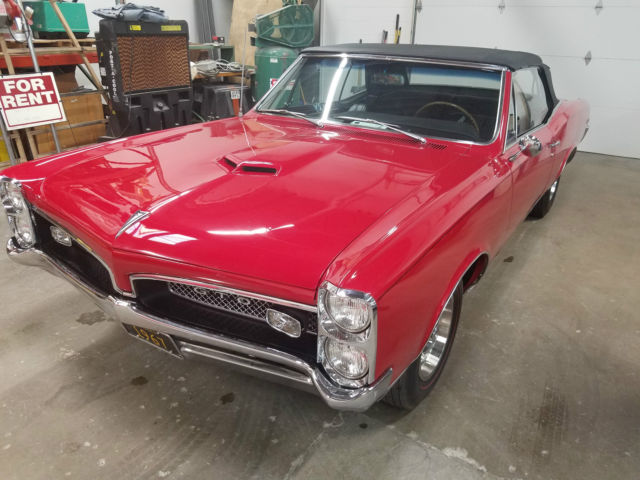
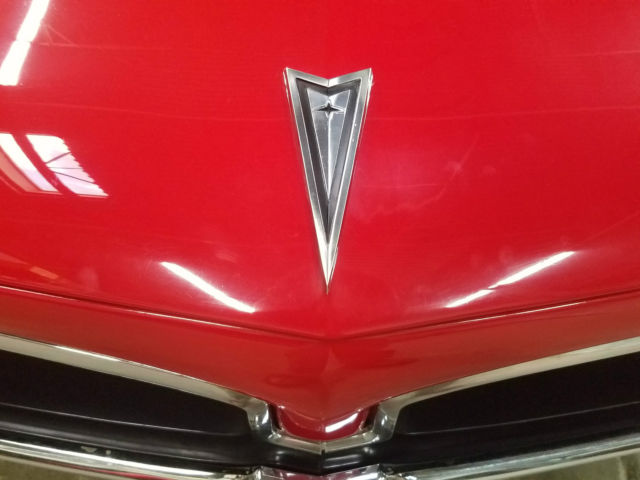
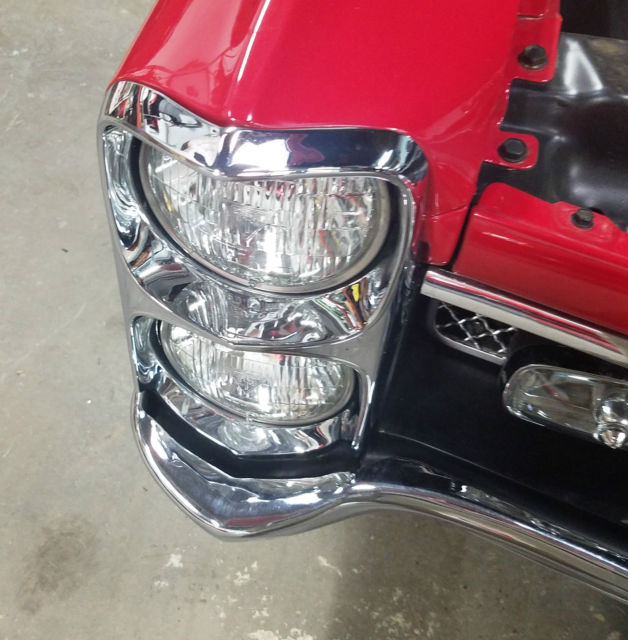

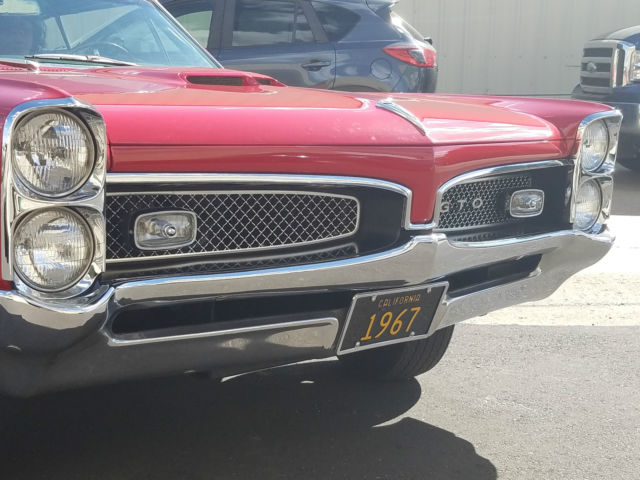
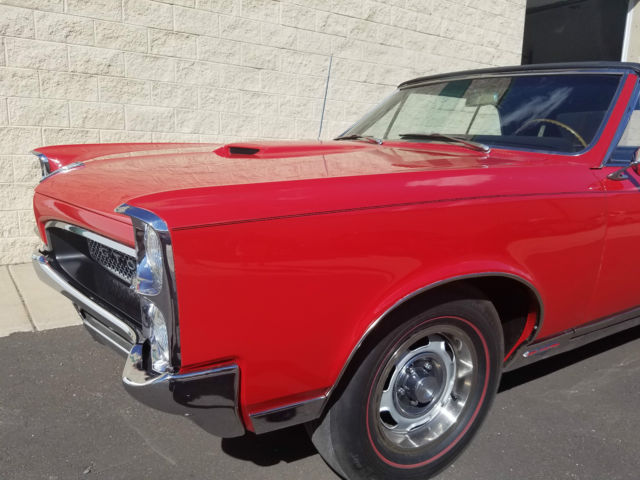

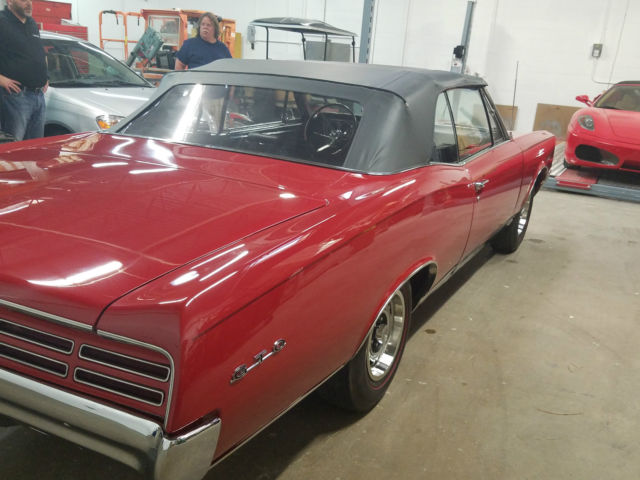
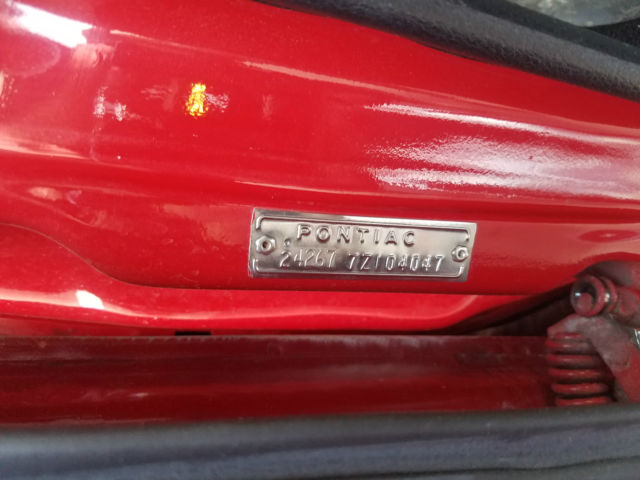
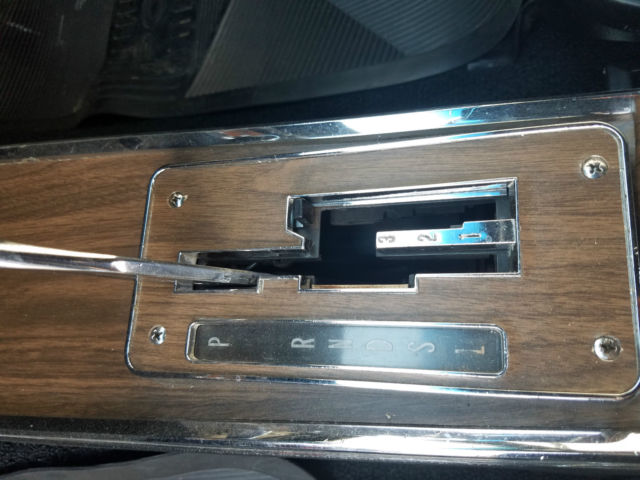
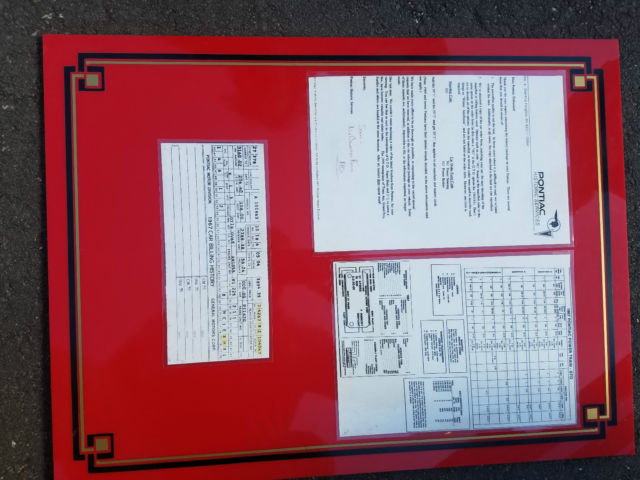
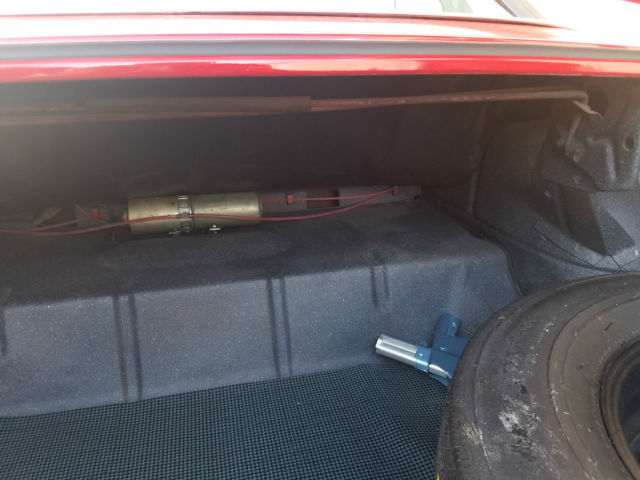
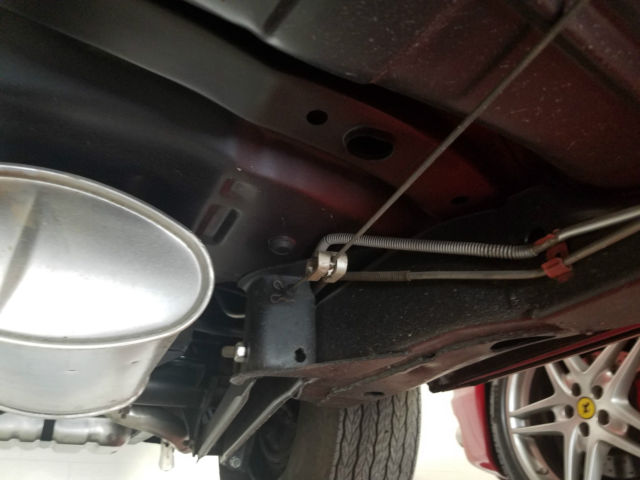
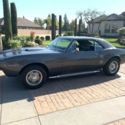 1967 Pontiac Firebird RESTORED REBUILT V8 5 SPEED
1967 Pontiac Firebird RESTORED REBUILT V8 5 SPEED